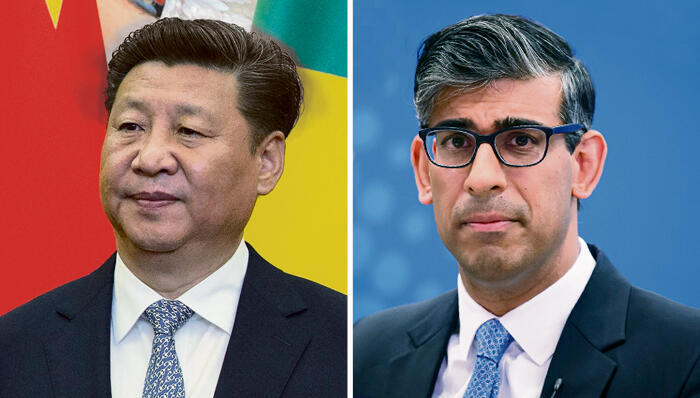Summary:
58 countries support crypto regulation
$5.6 billion lost to scams in the U.S. last year
Urgent need for a comprehensive regulatory framework
U.S. lacks a dedicated crypto framework
MiCA introduces first comprehensive crypto regulations in the EU
The Regulatory Landscape of Cryptocurrency
Balancing innovation with consumer protection, nations are taking vastly different approaches to governing crypto.
Last summer, an unknown woman named Hailey Welch became a social media sensation after a provocative tip she gave during a street interview went viral, leading her to launch her own cryptocurrency—HAWK. After debuting on the Solana platform at a price of $0.005492, it skyrocketed by 900% to a market cap of $500 million before collapsing. Today, its market cap stands at a mere $2.6 million, raising allegations of a classic pump-and-dump scheme.
Scams and Market Instability
According to the FBI, $5.6 billion was lost to crypto scams in the U.S. last year, fueled by the perception of cryptocurrency as an easy path to wealth. This lack of regulation has contributed to the systemic collapse of crypto exchanges and trading platforms in 2022, which in turn affected banks closely tied to the crypto industry.
The risks in the crypto market are numerous, including its use in illegal activities such as money laundering, tax evasion, and extreme volatility. To balance the market’s potential for innovation with the need for consumer protection and financial stability, there is an urgent need for a comprehensive regulatory framework.
Fragmented Global Regulations
A study published in June highlighted the fragmented global regulatory landscape:
- 58 countries have adopted a supportive stance on regulating crypto.
- 4 countries recognize cryptocurrencies as a legal entity.
- 14 countries have implemented outright bans on crypto markets, while 9 countries have enacted partial bans.
- 46 countries have restrictive regulations aimed at reducing risks.
- 71 countries have not taken regulatory action; 37 are concerned but inactive, while 34 follow a free-market approach.
U.S. Regulatory Challenges
The U.S. has not established a dedicated crypto framework, applying existing laws to the market instead. This has frustrated industry players who advocate for the Commodity Futures Trading Commission (CFTC) to oversee crypto markets rather than the Securities and Exchange Commission (SEC).
The proposed 21st Century Financial Technology and Innovation Act aims to shift oversight to the CFTC, but its smaller size raises concerns about effective regulation. Meanwhile, the European Union introduced MiCA (Markets in Crypto-Assets) in May 2023, setting the first comprehensive global regulations for the crypto market.
Global Regulatory Approaches
Countries like China and India have the strictest regulations, with China banning all crypto activities and India facing legal challenges over its attempts to implement similar bans.
The UK aims to position itself as a crypto hub, with local regulators developing frameworks to integrate crypto into existing financial systems. Meanwhile, South Korea and Japan maintain progressive stances focusing on consumer protection alongside market access. Japan’s cautious approach stems from its experience with the 2014 Mt. Gox scandal, while South Korea has enacted laws to protect virtual asset users.










Comments